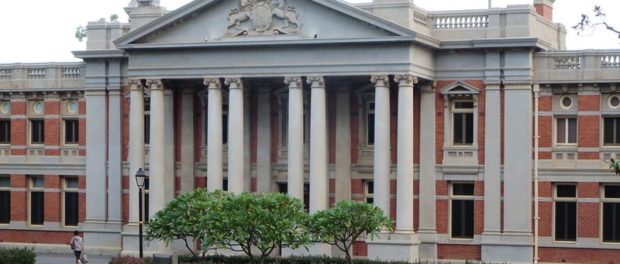Court held that the reasoning process for witness evidence admissibility was reasonable
 (Credit: David Stanley, Flickr) In an August 7, 2023 decision, the Supreme Court of Western Australia, the Court of Appeal (WA) denied the request by the Board for leave to appeal and dismissed the matter regarding allegations of misconduct by a physician where witness evidence was a key issue in the determination.
(Credit: David Stanley, Flickr) In an August 7, 2023 decision, the Supreme Court of Western Australia, the Court of Appeal (WA) denied the request by the Board for leave to appeal and dismissed the matter regarding allegations of misconduct by a physician where witness evidence was a key issue in the determination.
The Medical Board of Australia (Board) alleged that the Practitioner had acted in a manner that constituted professional misconduct, and alleged that two patients were touched inappropriately or for sexual gratification, and referred the matter to the State Administrative Tribunal (Tribunal). In the matter before the Tribunal, the Board relied upon the professional history of the Practitioner; expert testimony relating to legitimate purpose; witness testimony, including of Patient A and Patient B who were complainants; and post-examination communications with outside parties. The Tribunal determined that the allegations were not proven as required by law, including finding the testimony of Patient A unreliable and questioning its accuracy. Although, the Board here attempted to rely on text messages to bolster the credibility of one of the patients, ultimately, the Tribunal was not persuaded and found that Patient A was inconsistent and unreliable in statements.
Applying for leave to appeal as required by Part 5 of the State Administrative Tribunal Act 2004 (WA), the Board was necessarily required to state “the relevant question of law for each ground”, supporting its appeal on the basis that the question of law relating to Patient B is completely dependent upon the question of law regarding Patient A with respect to the reasoning by the Tribunal being found illogical and irrational. The Supreme Court of Western Australia, the Court of Appeal (WA) (Court) reviewed the Board’s request to set aside the Tribunal’s orders and for reconsideration. Although there are no rigid guidelines, the merits of the Board’s grounds for appeal were considered by the Court including the allegation by the Board that the tribunal erred as a matter of law, the challenge to the Tribunal’s reasoning rather than its outcome, and the focus on how the rejection of the evidence of Patient A as illogical and irrational was critical to the ultimate conclusion by the Tribunal.
Upon review, there was no evidence in the record to support that the reasoning of the Tribunal was either illogical or irrational nor could the Court review the fact-finding made by the Tribunal as a “back door means to challenge decisions of the Tribunal.” The Court determined that the Tribunal’s conclusion with regard to clinical justification as well as with regard to consideration of the text messages of Patient A was reasonable and that intelligible justification was provided.
Leave to appeal was refused and the appeal was dismissed.

